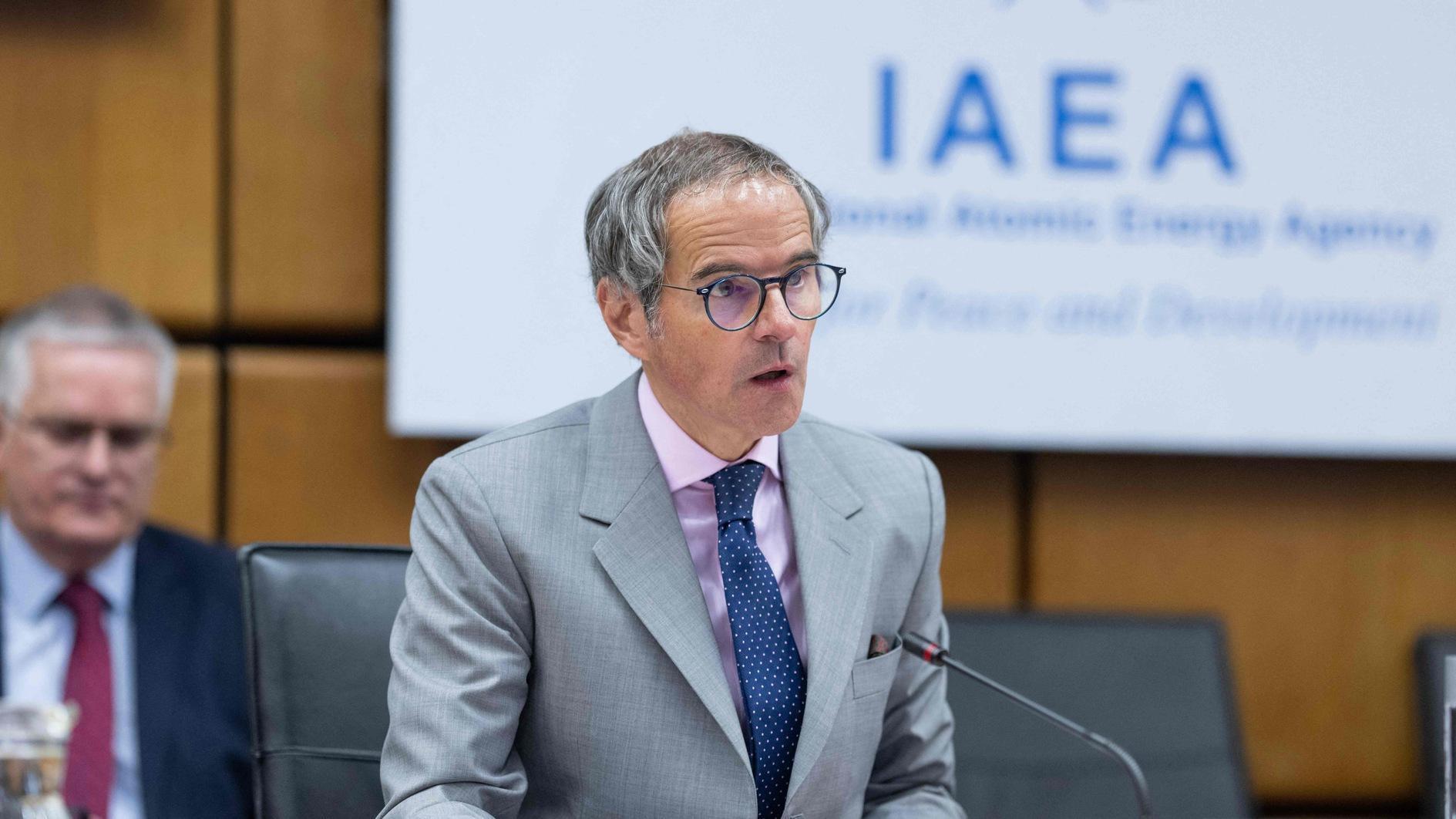New foreign policy delusions
I am afraid the president and his party, once more, are getting it wrong in terms of international relations. I understand that the aim of the recent discourse on “diplomatic victories” and the rosy picture on foreign relations is to convince the public that the government has not taken a step back from its earlier stance and that it is not making a U-Turn, but is rather improving relations with yesterday’s foes as part of a great diplomatic achievement.
However, it doesn’t seem to be mere propaganda; I think the ruling party and its leader really believe the words coming out of their mouths. Besides, it seems the rulers of Turkey have not only started to “think pink” but also to “think big” again! The weekend’s NATO summit in Warsaw must have given Recep Tayyip Erdoğan more confidence to believe Turkey is regarded as a major player. It is true that Turkey is an important country in the region and, therefore, it can play a role in order to improve the regional situation. Nonetheless, it is all about “what kind of role” Turkey intends to play and is capable of playing. Besides, foreign policy may not always require coherence with the past, but it needs coherence and credibility concerning new deals.
So far, Turkey is eager to make a deal with Russia, mostly to compensate for deteriorating relations with its Western allies, but also to carve out a greater role at the NATO summit, which is focusing on solidarity against the “Russian threat.” Well, it could be claimed that it is not only the paradox of Turkey, since despite a rivalry and disagreements on some matters, the United States, the European Union and Russia are most willing to work together against “terrorism,” and indeed Erdoğan also made a call to exert more efforts to combat terrorism at the NATO Summit. However, Turkey’s definition of “terrorists” not only includes but even puts more emphasis on the Kurdistan Workers’ Party (PKK) and the Gülenists, whereas the U.S., EU and Russia see the Islamic State of Iraq and the Levant (ISIL) as the most dangerous theat.
As for regional developments, Turkey has improved relations with Israel mostly as a move against its significant neighbor Iran, which recently came in from the cold after a successful deal with the West. Finally, Turkey is trying to make it up with Cairo to find an accord with the Saudi-led coalition after denouncing Egypt’s military regime and supporting the Muslim Brotherhood against it. As such, Turkey’s is not only too ambitious in its foreign policy attack when it actually needs masterful diplomacy, but also needs credibility that it has so far lacked. It seems that the rulers of Turkey are once again swinging toward unjustified overconfidence after major foreign policy defeats on many fronts in the last few years.
Once again, Turkey’s governing politicians are beginning to consider themselves cleverer than all other countries that they are dealing with. Once again, the rulers of Turkey are starting to underestimate the complexity of regional and global politics even though this attitude was the basic reason it got into foreign policy trouble in the first place. The supporters of the governing party have already started to evaluate the recent foreign policy change as a recognition by Turkey’s “enemies” of the country’s importance and determination. There are those who claim that the call to prayer from Hagia Sophia on the first day of Eid was taken as a message by the West as “Turkey’s leadership of the Muslim world” and that they needed to respond in panic.
According to this view, it is not Turkey which needed to change and soften its foreign policy out of necessity and even of desperation, but that all these countries finally needed to acknowledge the power of Turkey and its leadership.
It was a delusion of grandeur which led Turkish foreign policy into disaster; now we are expecting to overcome past failures through another set of delusional policies. That is why I am very concerned about the possible shortcomings of the recent foreign policy change and cannot consider myself optimistic.











